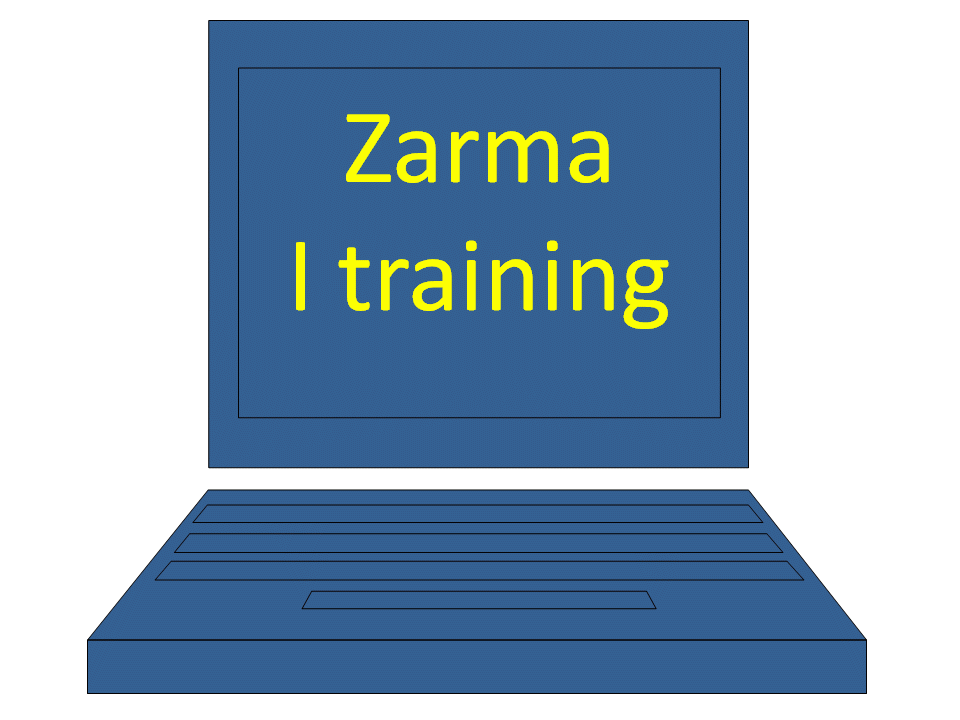
print page
Pronunciation guide
Tone |
||||||||||||||||||||
There are some words in Zarma that can only be distinguished by the proper tone when pronouncing them. Some words said in isolation have a different one from what they have in sentences. Only practice in hearing and saying them and making foolish mistakes will teach these details. They will laugh at your mistakes, but they will laugh with you for trying to learn. Four tone are distinghuised, high, low, rise and fall. Rise and fall means that a syllable has two tones. This might occur in some words of single syllable, and some initial and final syllables. This Zarma course uses the following indications in the vocabulary lists:
|
|
|||||||||||||||||||
| disclaimer | contact | ||||||||
| Dico Fraters, the Netherlands © 2004-2016 | |||||||||
|
|
|||||||||





